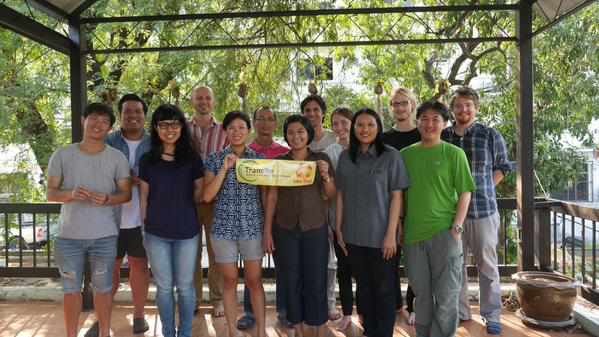Exploring translocality as a different perspective of the climate change-migration nexus.
The TransRe project offers a fresh perspective on the environment-migration nexus. It starts from the assumption that, regardless of the accuracy of the projections of future environmental changes, migration is already occurring and will continue to be a major dynamic of global change.
Migration is connecting people, transforming places, and facilitating flows of knowledge and resources, and thus creating networked and interconnected translocal spaces. Through this intensifying translocal connectedness, the ability of households and communities to respond to climatic risks and sustain their livelihoods and well-being – that is, their social resilience – has the potential to be strengthened.
This project focuses on resource-dependent households and rural communities that are particularly vulnerable to climate-related risks. The project team seek to decipher the relations between migration, translocality and social resilience to climate change.
The research design follows place-based as well as multi-sited fieldwork approaches and seeks to generate empirical evidence based on case studies carried out in Thailand and in the places of destination of migrants.
The subproject led by RMIT is developing a toolkit for supporting translocal social resilience building for local governments and NGOs working on community-based adaptation. The toolkit is developed in close collaboration with partner NGOs and local governments in Thailand, in order to guide government officials, decision-makers and practitioners in devising actions to support social resilience-building in the context of migration and climate change.
The project is funded by the German Federal Ministry of Education and Research (BMBF) and led by Prof Patrick Sakdapolrak, University of Vienna (Research Group Leader) and Harald Sterly (Project Coordinator), University of Bonn.
- Project website
- Department of Geography, University of Bonn, Germany
- Department of Geography and Regional Research, University of Vienna, Austria
- Raks Thai Foundation (CARE Thailand)

Participants of the TransRe Toolkit development workshop, held in Chiang Mai, Thailand, in April 2015

